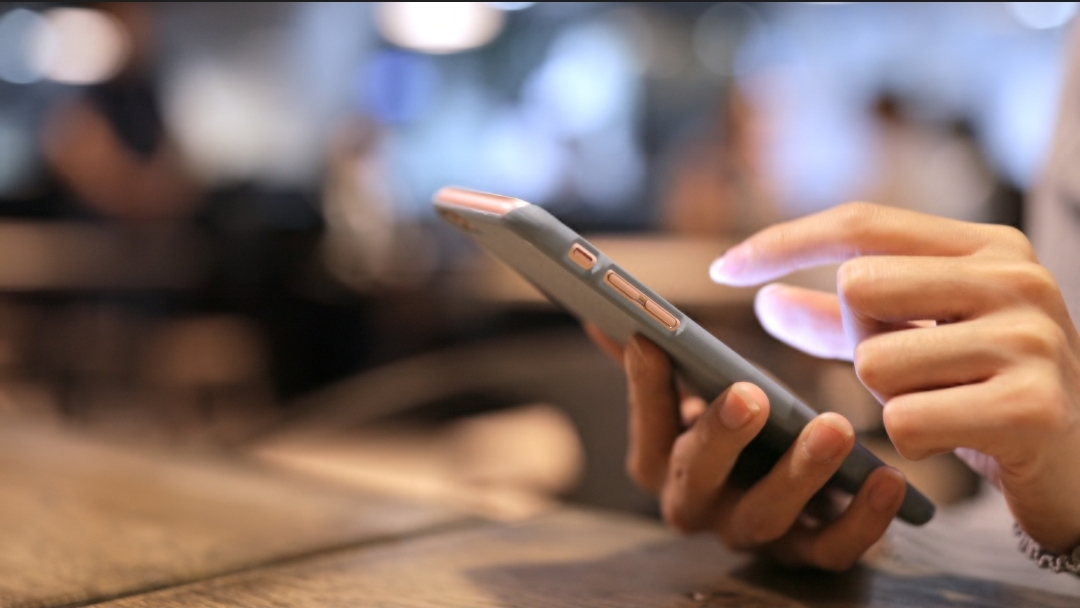
Judging by what the free communication apps say, digital privacy can be assured if you use end-to-end encryption. Yes, encryption is a major bulwark against hackers and data thieves, but it isn’t the end of the story.
Most hackers accept that they can’t crack encryption, so they find alternative ways to access unauthorized data. It’s only early in 2022, and already there are spyware stories of hacks.
With this in mind, let’s check out a few of the features modern phones must have if they are to deliver digital privacy.
Notebook Lock Screen
Privacy means keeping your data confidential from hackers and from anyone who stumbles upon the device. Industry leaders like Myntex encrypted phones have hardened protection in notebook lock screens with custom pins for two-factor authentication.
Even if your phone gets misplaced or stolen, your sensitive information will remain private. The lock screen is just the first measure to ensure privacy.
Self-Destructing Messages
A hacker or identity thief can’t see, download, or share a message that has already self-destructed. Limiting the shelf life of any content greatly reduces the odds that the wrong people see or possess it.
Look for a phone that gives users granular control over the lifespan of sensitive material like messages or pictures. The best platforms let you adjust the timing of the self-destruction, so you can choose whether sensitive material is in circulation from one minute to 99.
Any content set to self-destruct can’t be forwarded, saved, or shared. Also, the messages or pictures should self-destruct on both devices at the scheduled time, even if there’s currently no data connection.
Tamper-Proof
A password helps prevent unauthorized access, but it’s unwise to give data thieves unlimited chances to guess your password. That’s why the most secure phones today have a tamper-proof feature, letting users create a duress password.
The phone will automatically delete all its content instantly if someone enters the wrong password too many times, even contacts and notes.
Remote Wipe
In the extremely rare event that someone guesses your password in the very small window before the tamper-proof feature kicks in, you can still protect your sensitive data by wiping the device remotely. Once you realize that your phone has been lost or stolen, simply erase its sensitive data wherever you are.
On the best platforms, you can even cancel your account via the Reseller Portal, so your data is never at risk.
Proprietary Design
Finally, look for a platform that uses its own design, so servers don’t store users’ confidential information in the first place, like contacts, notes, emails, or encrypted messages. The most secure providers store nothing on the server except things like your name and activation date.
It might be tempting for people to suspect that only industry tycoons and world leaders get hacked, but everybody has private information that can make hackers a lot of money. Look for a platform with all the above features, not just a free app that touts “end-to-end encryption.”








Leave a Reply